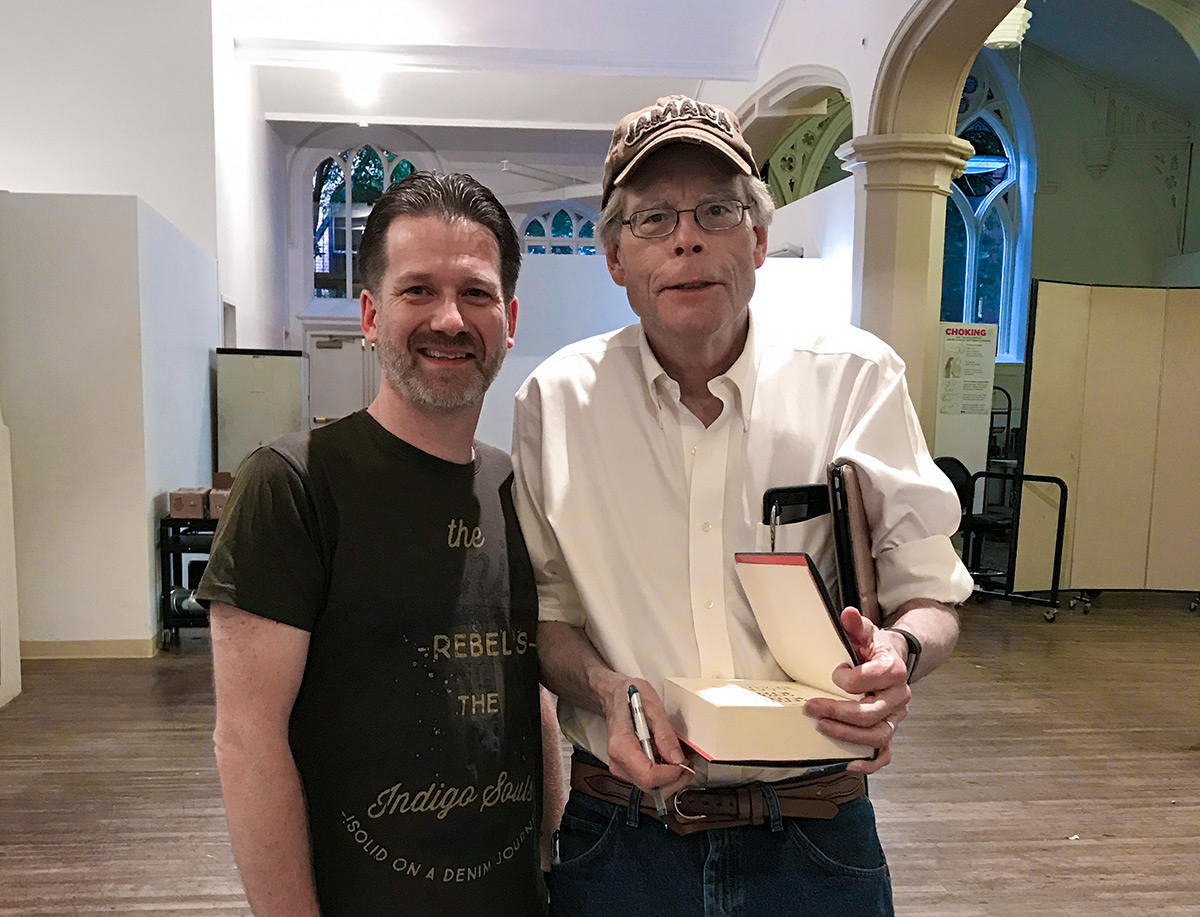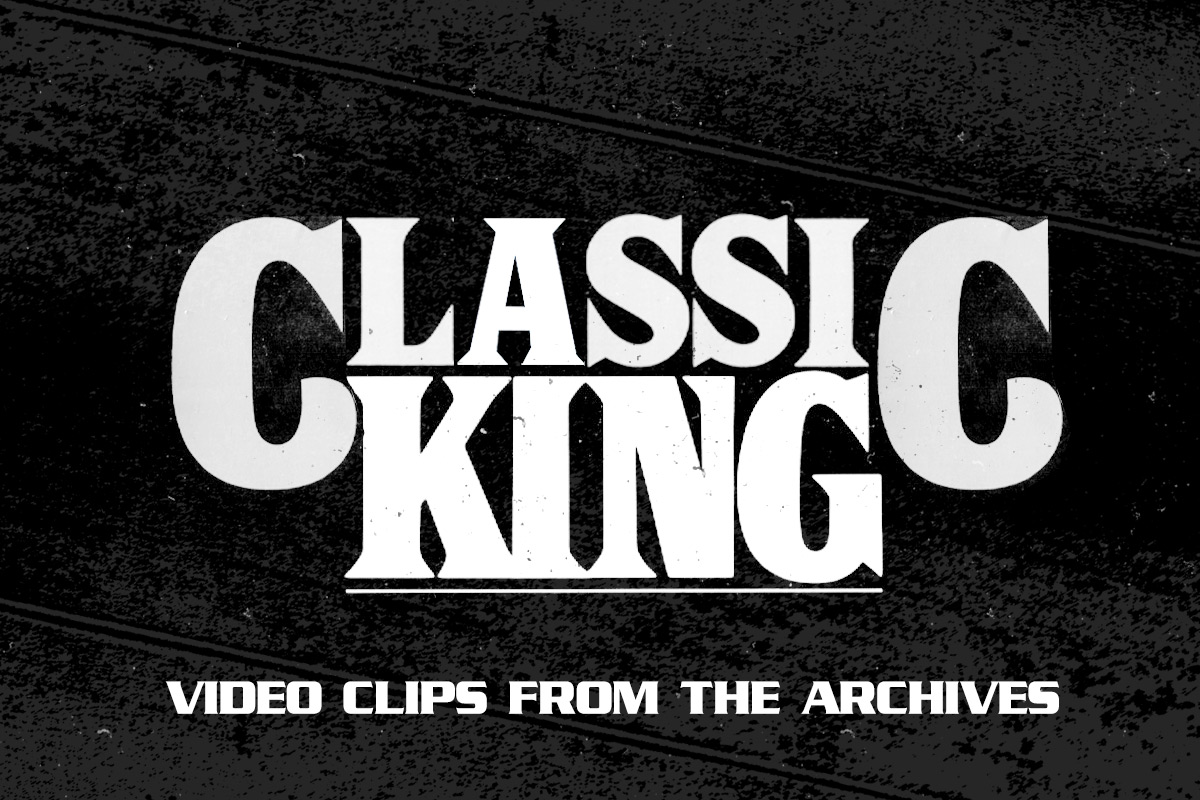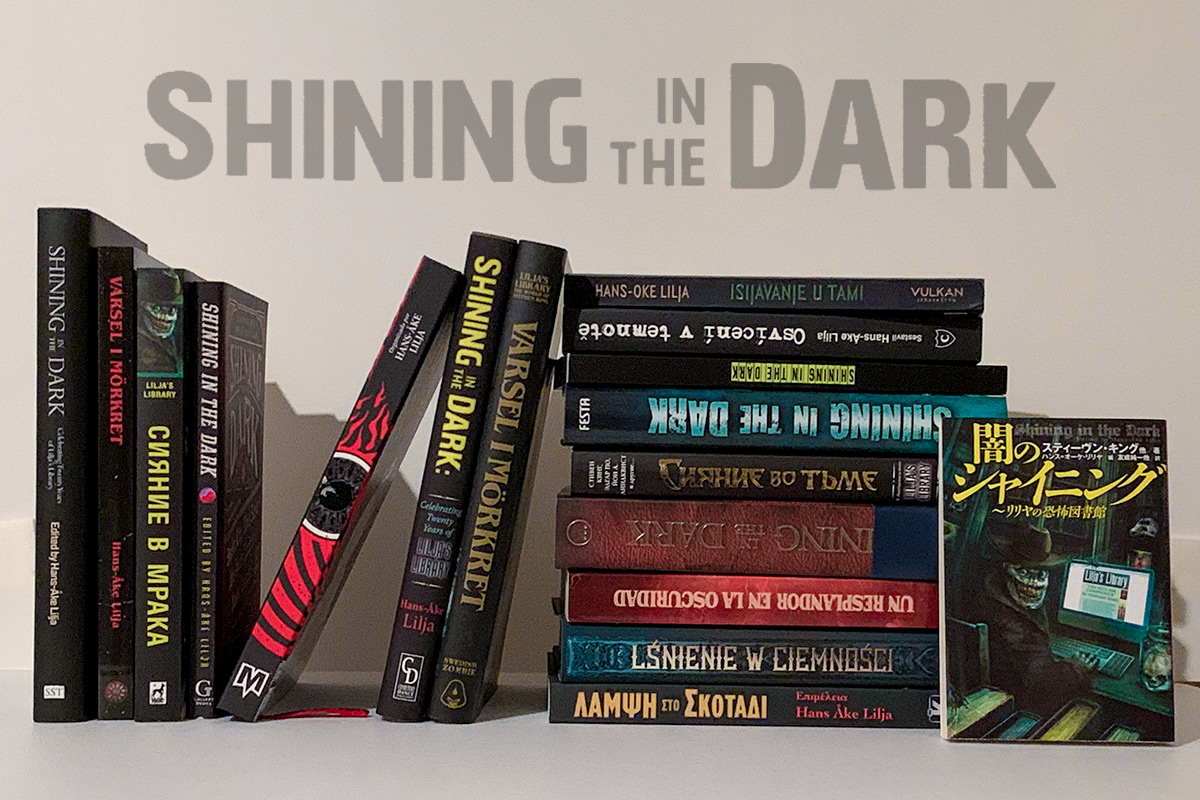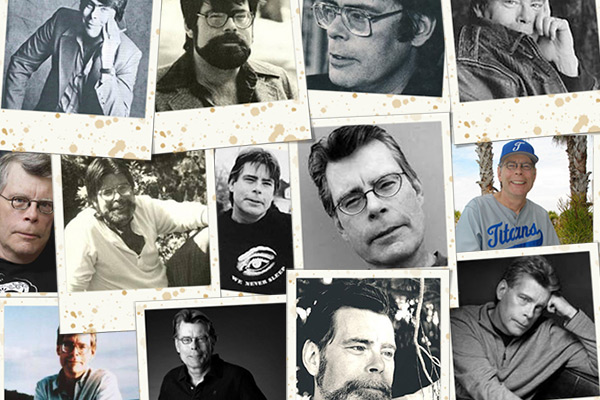Raúl Esparza
Posted: December 10, 2009
_
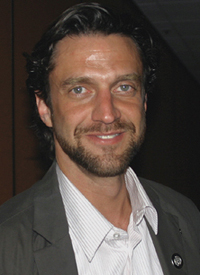 Lilja: Can you start by telling me a bit about who you are and what you
Lilja: Can you start by telling me a bit about who you are and what youhave done for those who don’t know you and your work?
Raúl Esparza: I’m a Cuban-American actor. I was born in Wilmington, DE to Cuban parents, but I grew up mostly in Miami. I worked in Chicago with The Goodman Theater and Steppenwolf Theater Company. I’ve starred on Broadway in shows that include Company, Taboo, Cabaret, The Rocky Horror Show, The Homecoming, and Speed the Plow. I was on the ABC series Pushing Daisies; did a film with Sidney Lumet, did one with Wes Craven. I’ve been nominated for four Tony Awards. I have won 3 Drama Desks, an OBIE, an Outer Critics Award, and a Theater World Award for Outstanding New York Debut.
Lilja: How did you get involved in narrating books in the first place?
Raúl Esparza: I’d always wanted to do this, but had no idea how to break into it. My agent Carol Ingber brought the Simon and Schuster Audiobook team to see me in some shows over the years and they liked my work. They offered me the narration of Nancy Farmer’s House of the Scorpion. I figured it was because Spanish is my first language. However it happened, I got to work with Carol Shapiro at S&S, and it’s led to a great working relationship over the last few years.
Lilja: Do you read the books before you narrate them? If not, isn’t it hard not to get caught in the story?
Raúl Esparza: I did read Under the Dome before I narrated it. You’d have to be nuts to try to wing it narrating Stephen King. I’ve tried not reading the book beforehand, but found that reading cold in the studio is a terrifying experience. You don’t so much get caught up in the story as get caught up in an anxiety attack. So that didn’t last long.
Lilja: How do you decide what books to narrate? Do you only narrate book you enjoy yourself and have you ever turned down a book because you didn’t like it?
Raúl Esparza: The books get brought to me. At this stage in my audiobook work, I’m lucky to have received such exceptional material to narrate, so there’s been no need to turn anything down, though I suppose I would if I outright hated it.
Lilja: Can you take me through the process of narrating a book from when you get the job and to the point where it’s done?
Raúl Esparza: I get the job. They send me the book, usually a bound copy of typewritten pages that I’ll be reading from, though not in the case of Under the Dome because those pages ended up being twice as long as the published book (!!#!??!!) I’ll read it, and make little notes to myself about the characters as they come up: how they dress, some distinctive trait, some friend they remind me of who might be a good model for a voice, and I’ll create my own nutso shorthand that will remind me how they sound once I get into the studio. In the studio, I like the lights as low as a bedtime story, I need lots of water and I try to have eaten enough so that I have energy (plus the mic in the studio is so sensitive it can pick up your breathing, your weight shifting, not to mention a rumbling stomach). Take a deep breath, refer to the notes, and pretend I’m reading the story out loud to someone sitting nearby. (I pretend Carol’s that person sometimes, or our engineer Erica, who hasn’t read the book and who is the perfect audience cause she’ll tell you if she’s enjoying it and interested or if she would prefer to take a nap). I’ve been pretty lucky in that I’ve
been able to read the books straight through without too many mistakes, but often there’s a need to go back and correct a word or sentence for clarity, etc. I don’t like listening to myself so I trust Carol and I read until I get to say The End.
Lilja: How much time are we talking about? How long did it take you to narrate Under the Dome?
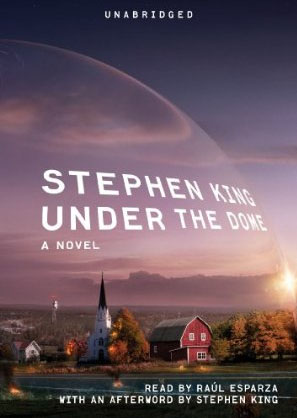 Raúl Esparza: Depends on the book. 6 hours a day? Less? At a certain point, it’s just impossible to keep reading. It always varies based on my performance schedule in New York. Under the Dome took about a month to read all totaled, five days a week, but it happened over a period of months because I was in rehearsals and performances of Twelfth Night for Shakespeare in the Park. We would grab time as we could.
Raúl Esparza: Depends on the book. 6 hours a day? Less? At a certain point, it’s just impossible to keep reading. It always varies based on my performance schedule in New York. Under the Dome took about a month to read all totaled, five days a week, but it happened over a period of months because I was in rehearsals and performances of Twelfth Night for Shakespeare in the Park. We would grab time as we could.Lilja: I imagine that reading out loud like that for such a long time can be quite straining on your throat; do you have any tricks you do to take care of it?
Raúl Esparza: Sleep and water. And more water. And then water some more.
Lilja: How hard is it to get in character when you read a book and more interesting, how hard is it to switch between many different characters? My experience is that the ability of the narrator to do this can be the difference between success and failure for the book, and Under the Dome has a lot of characters.
Raúl Esparza: It’s not hard, it’s fun. I used to read plays out loud and act them out all over my house when I was in elementary school. Which my family thought was troubling, but I guess it was good practice for this. Of course, when there are a lot of characters interacting in one scene, it can feel like I’m doing a mad scene in an opera. And then I have to stop for a second and remember what everybody sounds like before we go on.
Lilja: How many books have you narrated and do you have a favorite author and if so, why?
Raúl Esparza: I’ve narrated three books. My favorite author, if you mean in terms of books I’ve narrated, is Stephen King. Because he writes like your brilliant and funny best friend who is whispering things in your ear that excite you and chill you and that you pray to God aren’t true. I’ve loved him since he scared me half to death and kept me from sleeping when I read The Shining. I was twelve. I wasn’t supposed to be reading it. Ooops.
Lilja: After narrating books, don’t you get inspired to write one yourself?
Raúl Esparza: Sure. And then reality sets in and I remember I’m an actor. But one day, who knows?
Lilja: Do you expect to narrate more books by Stephen King? Would you like to if asked?
Raúl Esparza: I would love to. I wish I could narrate ‘Salem’s Lot or The Stand. I’d say yes to another book of his in a heartbeat.
Lilja: Again, thanks for doing this interview.
Raúl Esparza: You’re welcome.

